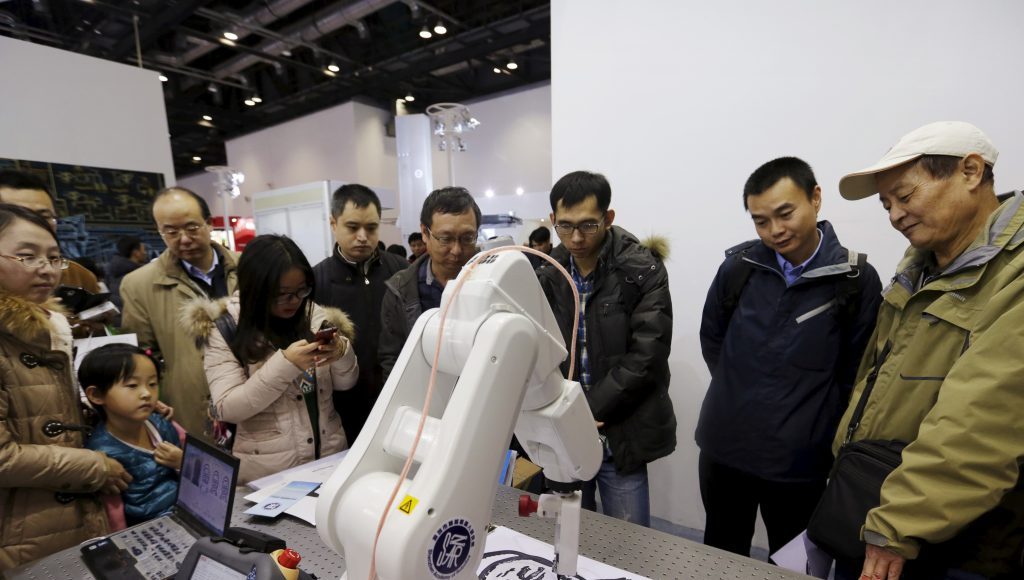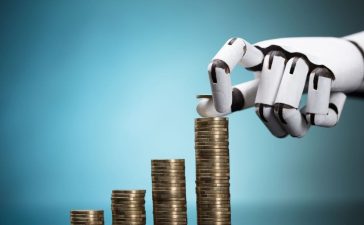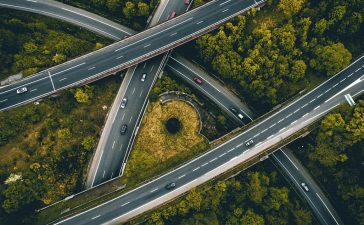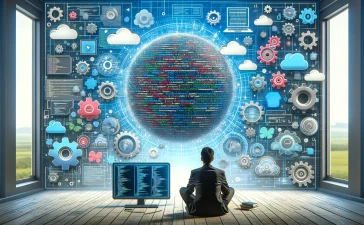Society is more than just a collection of people — it is a living, evolving organism shaped by culture, economy, technology, and shared values. As we move further into the 21st century, modern society is undergoing some of the most profound transformations in human history. Globalization, digital technology, social activism, and climate change are redefining how people live, communicate, and interact with one another.
In this article, we explore how these forces are reshaping today’s world, the challenges societies face, and what the future might hold for humanity in an era of constant change.
1. The Digital Revolution and Social Connection
Technology has become the backbone of modern society. From smartphones to social media, the internet connects billions of people across continents in real time. Yet while digital tools have made communication easier, they have also introduced new forms of disconnection.
Social media platforms have transformed how we share information, express opinions, and build relationships. However, they have also contributed to misinformation, online polarization, and the erosion of privacy. The rise of “digital tribes” — groups that share the same beliefs or ideologies — has made it easier for people to connect, but also easier for societies to divide.
Despite these challenges, technology remains a force for progress. Digital literacy programs, online education, and virtual communities have opened opportunities for learning and collaboration that previous generations could only dream of. The challenge for modern society lies in balancing connectivity with authenticity — using technology to build understanding, not division.
2. Globalization: A World Without Borders
The modern world is interconnected in ways that defy geography. Goods, ideas, and cultures move across borders faster than ever before. Globalization has created new opportunities for trade, education, and cultural exchange, making societies richer and more diverse.
However, this interconnectedness also brings tension. Many fear that globalization erodes local traditions and widens the gap between the wealthy and the poor. While multinational corporations and wealthy nations thrive, smaller economies often struggle to keep up.
The COVID-19 pandemic exposed both the strengths and weaknesses of globalization. It showed how quickly a crisis can affect every corner of the globe, but also how international cooperation — through science, medicine, and humanitarian aid — can solve global problems.
The future of globalization will depend on whether societies can build systems that are not just economically efficient, but also socially fair and environmentally sustainable.
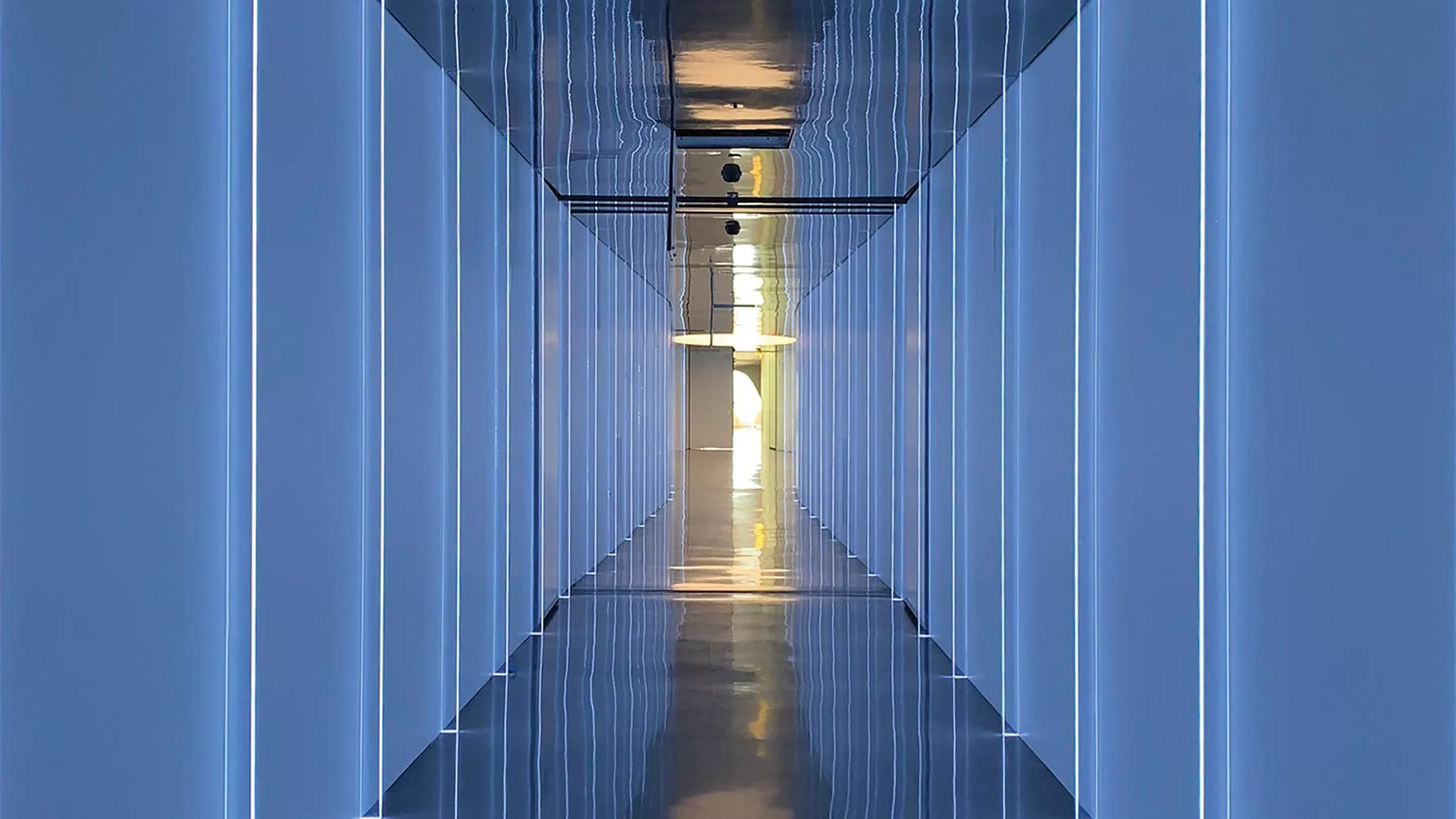
3. The Transformation of Work and Economy
Work has always been a defining feature of society, but automation and artificial intelligence are changing the nature of employment. Machines now perform tasks once done by humans — from factory assembly to legal research. While this brings efficiency, it also raises concerns about job displacement and inequality.
The concept of a “career for life” is fading. Instead, the modern worker must adapt continuously, learning new skills to keep pace with technological shifts. Remote work, gig employment, and digital entrepreneurship are creating flexible lifestyles but also blurring the lines between work and personal life.
Governments and businesses face a critical question: how can societies ensure that technological progress benefits everyone, not just the few? Policies such as universal basic income, digital skills training, and fair labor laws may be key to ensuring that the future of work remains humane and inclusive.
4. The Evolution of Family and Community
Traditional family structures are evolving rapidly. In many societies, marriage rates are declining, and single-person households are on the rise. Gender roles, once rigidly defined, are becoming more fluid. The concept of “family” now encompasses a broader range of arrangements — from same-sex couples to chosen families based on friendship rather than blood.
At the same time, the sense of local community has changed. Urbanization and digital lifestyles mean fewer people know their neighbors or engage in local social activities. Yet, new forms of community are emerging online, where people connect through shared interests rather than geography.
This evolution is both liberating and challenging. Individuals have more freedom to define their lives, but many also feel isolated. To maintain social cohesion, modern societies must find new ways to foster empathy, inclusion, and shared identity in both physical and digital spaces.
5. Inequality and the Struggle for Justice
Perhaps no issue defines modern society more starkly than inequality. Economic disparities, racial injustice, gender discrimination, and unequal access to education or healthcare remain deeply entrenched.
Social movements — from Black Lives Matter to climate activism and gender equality campaigns — have given voice to marginalized groups and forced governments to confront systemic injustice. The internet has amplified these movements, allowing ordinary people to influence politics, business, and culture in unprecedented ways.
Still, progress is uneven. Wealth inequality continues to grow, and many societies are polarized along political, ethnic, or religious lines. Addressing these issues requires not only policy reform but also a cultural shift — one that prioritizes empathy, dialogue, and shared humanity over fear and division.
6. Climate Change and the Social Responsibility of the Future
No discussion about modern society would be complete without addressing climate change. Environmental degradation is not just a scientific issue; it is a social one. Rising temperatures, extreme weather, and resource scarcity affect communities worldwide, especially the poor and vulnerable.
Today’s younger generations are leading the charge toward sustainability. Movements advocating renewable energy, waste reduction, and eco-friendly lifestyles are transforming public awareness. Corporations are being held accountable for their environmental impact, and governments are pressured to adopt greener policies.
Sustainability is becoming a moral and social value — one that unites people across political and cultural boundaries. The health of our planet is inseparable from the health of our societies, and the choices we make today will determine the quality of life for future generations.
7. The Role of Education in Shaping Society
Education remains the foundation of any healthy society. It shapes not only economic success but also civic responsibility, creativity, and moral values. In the digital era, education must evolve beyond rote learning to teach critical thinking, emotional intelligence, and adaptability.
Access to quality education, however, remains unequal. Rural and impoverished regions often lack resources, technology, and trained teachers. Meanwhile, misinformation online makes it harder for people to distinguish fact from opinion.
Societies that prioritize lifelong learning, inclusivity, and digital literacy will be better equipped to face the challenges of the future. Education is not just about preparing individuals for jobs — it’s about preparing them for citizenship in a complex, interconnected world.
8. The Importance of Cultural Diversity
Modern societies are more multicultural than ever before. Migration, tourism, and global communication have brought diverse cultures together, enriching art, cuisine, language, and ideas. Cultural diversity fosters creativity and innovation, but it can also create friction when differences are misunderstood or politicized.
Promoting cultural dialogue, mutual respect, and inclusion is essential to building peaceful societies. The goal is not to erase differences but to celebrate them — to create unity through diversity.
In the end, what binds humanity together is not uniformity, but the shared desire for dignity, respect, and belonging.
9. The Road Ahead: Building a More Compassionate Society
As we look toward the future, one thing is clear: modern society is at a crossroads. The challenges of inequality, technology, and environmental change are immense, but so are the opportunities for progress.
The key lies in empathy — in understanding that societal progress is not just measured by economic growth or technological achievement, but by the well-being of people. Building a compassionate society means investing in health, education, equality, and sustainability.
If the 20th century was defined by industrial and digital revolutions, the 21st century may well be defined by a social revolution — one that reimagines humanity’s place in the world and its responsibility to one another.

Conclusion
Modern society is dynamic, diverse, and deeply interconnected. It faces monumental challenges — from inequality to climate change — but also possesses unprecedented tools to overcome them.
The path forward depends on whether we can balance progress with compassion, individuality with community, and freedom with responsibility.
In the end, the strength of a society lies not in its wealth or power, but in its people — their values, their empathy, and their commitment to building a fairer, kinder, and more sustainable world for all.

